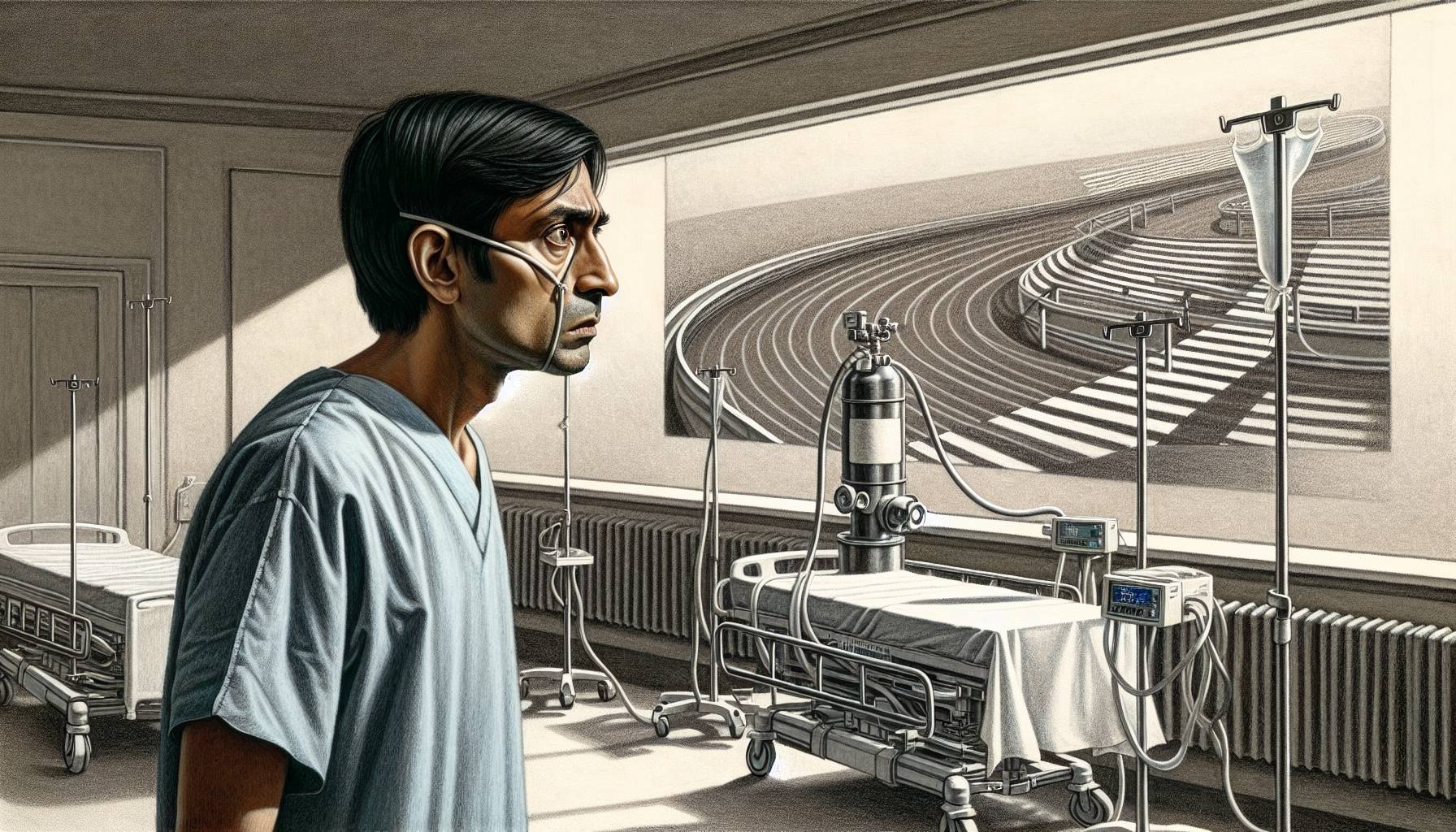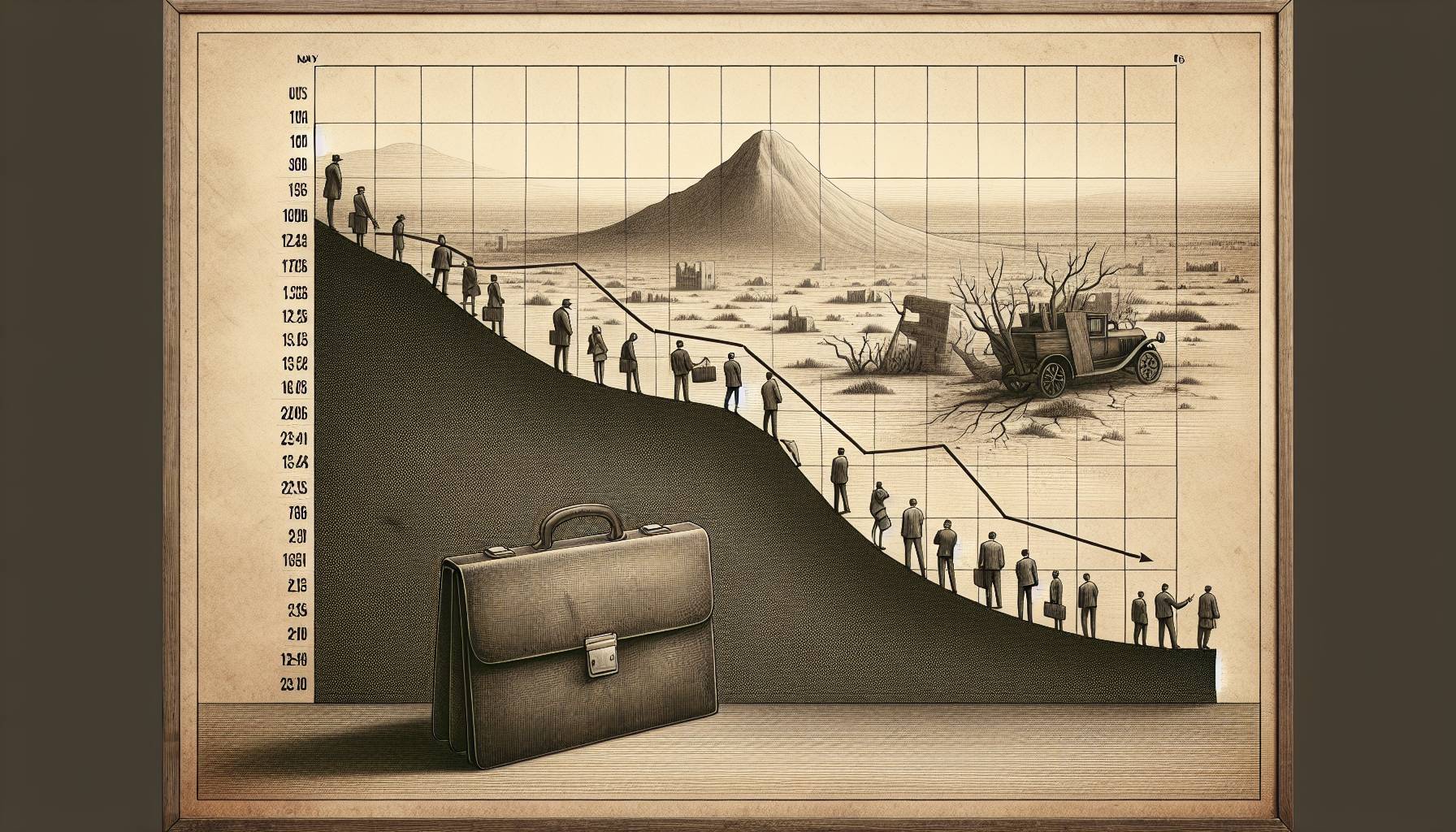Medical professionals across the United States are expressing concerns over the challenges presented by insurance firms, particularly UnitedHealthcare, in approving coverage for home ventilators. There is a significant issue as numerous patients critically depend on these devices due to their severe lung complications.
Patients such as 84-year-old Grace Armant and student Jaggar DeMarco have struggled to secure coverage for critical home ventilators, forcing them to resort to less effective equipment. The denials have significantly impacted the lives of these individuals, as well as other patients and healthcare providers.
Furthermore, insurance companies often encourage patients to try out cheaper, less-effective devices before granting approval for more expensive, suitable equipment. These practices place patients in discomforting scenarios of choosing between inferior devices or shouldering the cost of apt equipment. This situation has also heightened the financial burden on patients and affected the quality of care.
The increasing demand for these devices may have led to stricter insurance policies. From 2009 to 2017, ventilator expenditure from Medicare jumped from about $3 million to $269 million. The rise in cost may lead insurance companies to introduce rigorous procedures for physicians to justify the ventilator necessity, obstructing patients’ quick access to these vital devices.
UnitedHealthcare representative Heather Soule stated that the firm provides home ventilator coverage. However, the approval for the same depends on factors like the patient’s condition, health plan specifics, and directives from the federal government’s Medicare program. She added that any ventilator coverage discontinuation decision would be made post in-depth review of the patient’s medical information by a team of experts.
Despite the provided clarifications, the number of rejections or delays for ventilator coverage has risen significantly since 2023. According to representatives from VieMed and the University of California San Francisco, UnitedHealthcare’s Medicare Advantage plans have been denying almost all primary ventilator requests. This presents a severe problem for patients with critical respiratory conditions, drawing attention to the need for changes in decision-making procedures.
Noninvasive ventilators cost roughly $1,200 a month, triple the price of other models. However, despite their elevated costs, these advanced devices play a critical role in effectively treating conditions like sleep apnea and enhancing the longevity of patients diagnosed with diseases such as Lou Gehrig’s.













